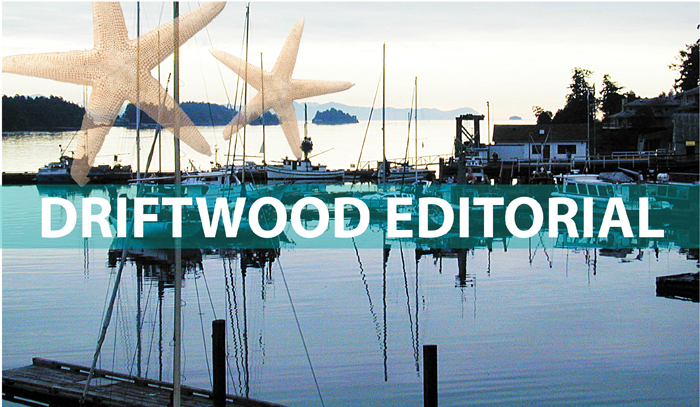Islands Trust Council’s last quarterly meeting held via the Zoom platform was more lively than usual.
Motions presented by South Pender trustee Steve Wright to not include policies on housing in the Trust Policy Statement and to remove the current “Sustainable Communities” section, among other similar suggestions, were soundly defeated. Supporters of Wright’s position said they felt the Trust’s energies were spread too thin and that the Trust should instead try to do a few things well, with protecting the natural environment being at the top of the list.
The Trust mandate is and has clearly been the preservation and protection of the environment above all else, despite often having inadequate legislative tools to do that effectively. But as one trustee pointed out during meeting discussions, the vast majority of applications dealt with by local Trust committees are related to housing. It would be bizarre to have the Trust’s guiding policy document be completely silent on the subject when trustees are looking for guidance in making decisions related to housing. At the same time the inclusion doesn’t mean the Trust must be proactive about housing.
Islands Trust Council has seen similar philosophical conflicts among trustees in its 47-year history. As the most populated island, Salt Spring’s focus and challenges have not always been the same as most other islands in the federation. Affordable housing is a concern to some degree on all islands, but the breadth and impact of the problem, and the urgency, is not the same as on Salt Spring. That’s why local trustee Laura Patrick has been leading the charge for action from all levels of the Trust.
It is true that a local Trust committee can make an official community plan and land use bylaw amendments, and undertake some leadership and advocacy activities that could positively impact the housing situation. But we should not be deluded into believing that the Islands Trust can necessarily provide or even facilitate effective solutions to an extremely complex problem that is dependent on other government bodies and private interests.
Trust Council took the responsible route by not removing references to housing and communities in the Policy Statement, while at the same time reiterating that its prime purpose is preserving and protecting the natural environment within its legislative bounds. The process and outcome was a healthy example of our regional government in action.

